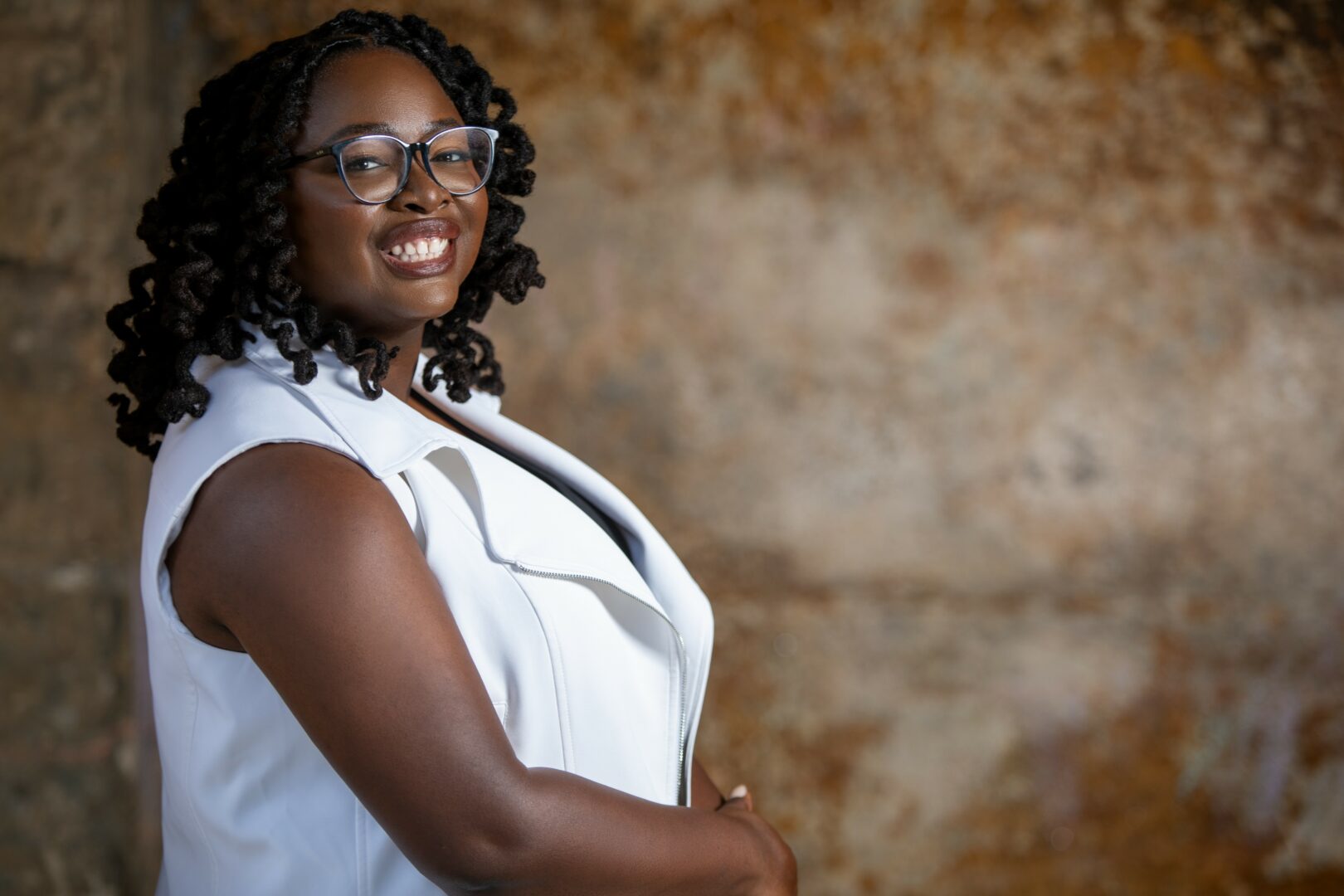Alright – so today we’ve got the honor of introducing you to Dr. Ariel D. Smith. We think you’ll enjoy our conversation, we’ve shared it below.
Dr. Ariel D., thank you so much for making time for us today. We can’t wait to dive into your story and the lessons you’ve learned along the way, but maybe we can start with something foundational to your success. How have you gone about developing your ability to communicate effectively?
I grew up knowing that language could either build a bridge or burn it. In my house, the phrase “It’s not what you said, but how you said it” was almost a proverb. Raised primarily by my great aunt—an opinionated, quick-witted woman—I was taught early on to speak up and speak well. She made sure I had a voice. School taught me how to use it strategically.
I first learned the power of communication in third grade during a school fundraiser. We were asked to design and explain painted plates that would be auctioned to support our school. I didn’t think much of it—I simply told the story behind mine. But my explanation left such an impression on the teachers and board members that I was invited to assist with fundraising as a student. That moment affirmed something in me: words, when used well, open doors.
By fifth grade, I was one of the school’s first student ambassadors. By eighth grade, I was MCing programs and winning speech and essay contests. In high school, I continued serving as an ambassador and co-founded a student organization, acting as the chief liaison between peers, teachers, and administrators. I learned how to communicate a vision across multiple stakeholders—how to advocate with clarity, translate across differences, and keep everyone moving toward a shared goal.
Communication wasn’t just an academic skill for me—it was a survival tool, a bridge-builder, a way to make sense of the world. My family gave me the cultural fluency to adapt my message to whoever was in front of me. School taught me the difference between informative and persuasive. My lived experience taught me how to hold both.
College deepened that fluency. As a Business Management major, I developed a more formal, strategic style of communication. I served as an ambassador for the business school, spoke with prospective students, and was president of the student chapter of the Society for Human Resource Management. Through mock trial and student leadership roles, I learned to blend structure and spontaneity, precision and presence. But I was just as much a student of the pulpit as I was of the podium. I studied pastors like Bishop T.D. Jakes and my home church pastor, Pastor Mike Jr., and watched motivational speakers like Lisa Nichols to learn how to craft a message that moves people. So much of my speaking style today comes from that mix—my family, my faith community, the speakers I admired, and just being fully myself. My great-grandmother used to tell me, “A.D., you have a way with words.”
By 2015, I had launched my first company as a motivational speaker and life coach. That experience solidified what I already knew: communication is about alignment—between intention and impact, between vision and voice. I later earned a Master’s in Education from Vanderbilt University, where I studied pedagogy and deepened my understanding of how people learn and retain information. When I entered my Ph.D. program at Purdue, I began teaching undergraduate students and putting all those insights into practice.
That same year, I started hosting Instagram Lives to talk about my research on Black food truck entrepreneurs—sessions that eventually became The Food Truck Scholar podcast, a global platform that brought together culture, storytelling, and business strategy. Even outside formal teaching or media spaces, people started coming to me for help—emails, resumes, research questions, and eventually full-blown business or program ideas. That’s when I realized: what I was offering was more than advice. It was a method. A calling. A blueprint.
That became the foundation of Idea Therapy™, the signature service of my company, Ari Demi Enterprises. I help people take what’s swirling in their spirit and translate it into something clear, actionable, and aligned. Together, we turn raw thoughts into frameworks, ideas into pitches, and stories into strategies. I don’t just help people find the right words—I help them find the right voice.
When I zoom out and reflect on the journey, it all makes sense. I now stand as an entrepreneur, a professor, an ordained minister, an author, and a podcaster. And I realize—I’ve become so many of the things that once fascinated me. Somewhere along the way, storytelling became my way of seeing, of making sense, of leading. It’s the thread that connects every title, every venture, every calling. Because in the end, no matter what role I’m in, I believe in the power of words to heal, to build, to liberate, and to lead.
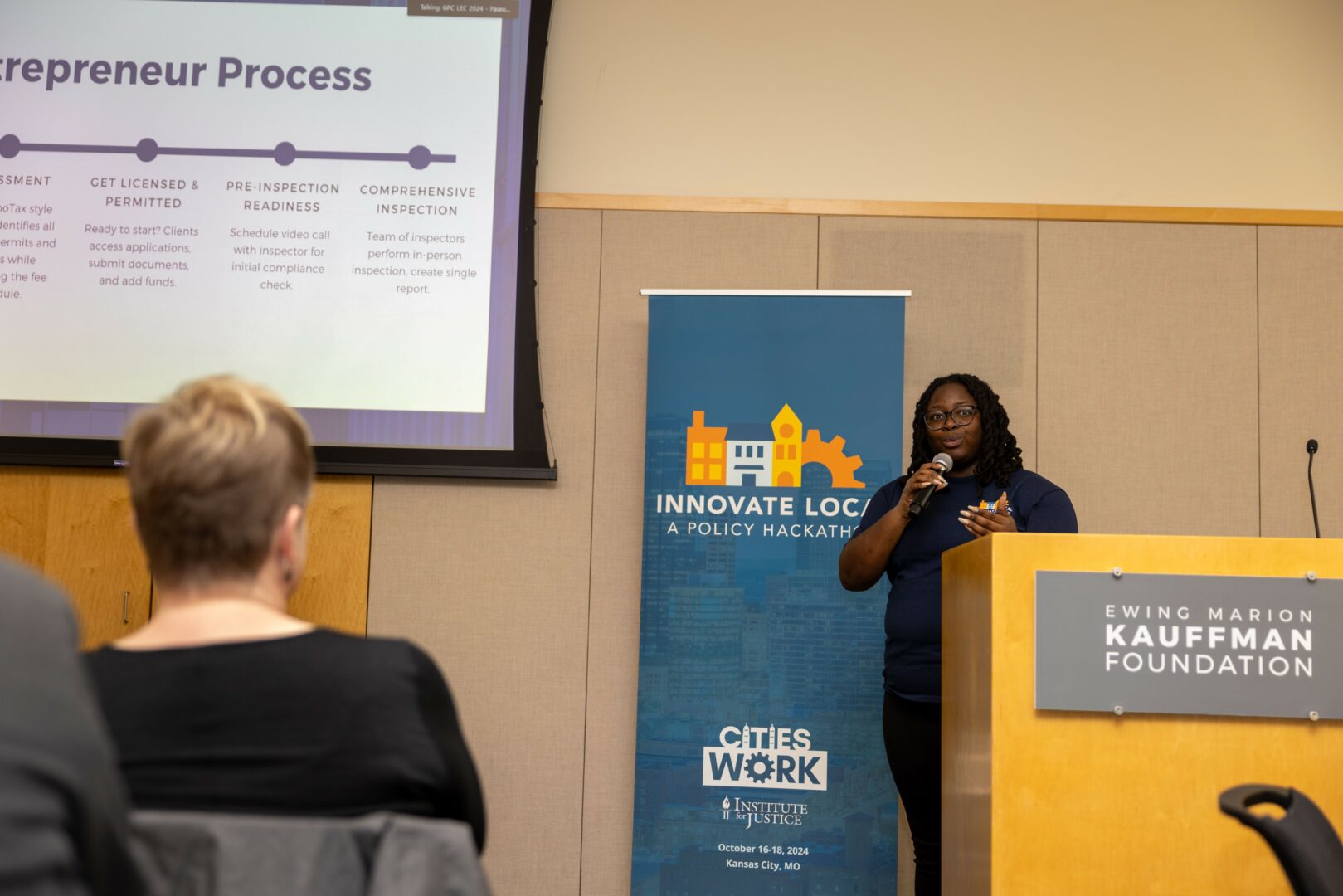
Appreciate the insights and wisdom. Before we dig deeper and ask you about the skills that matter and more, maybe you can tell our readers about yourself?
At the heart of everything I do is a deep belief in the power of ideas—and the people who carry them. I’m the founder of Ari Demi Enterprises, where I offer a signature service called Idea Therapy™. It’s part clarity session, part creative strategy lab, and part breakthrough moment. I work with entrepreneurs, educators, nonprofit leaders, and visionaries of all kinds to help them articulate, structure, and elevate their ideas.
Sometimes a client comes to me with a business or program they’re struggling to explain. Sometimes it’s a raw vision they can’t quite put into words. In every case, I help them move from fog to focus—transforming scattered notes and feelings into frameworks, messaging, pitches, or plans. It’s strategic, intuitive, and deeply personal work. I often say I’m not a coach—I’m a thought partner, narrative architect, and cultural translator.
To meet the diverse needs of my clients, I’ve launched multiple Idea Therapy™ packages—ranging from a 90-minute Clarity Catalyst Session to a full-day Deep Dive Intensive. Whether someone needs help naming and framing an idea, building curriculum, designing a pitch deck, or structuring a story that speaks to funders and communities alike, there’s a tailored pathway available. It’s not just about brainstorming—it’s about building something that lasts.
What’s most exciting about Idea Therapy™ is watching people realize their idea was never the problem—they just needed the language, the structure, and the strategy to carry it forward. And I get to be part of that moment.
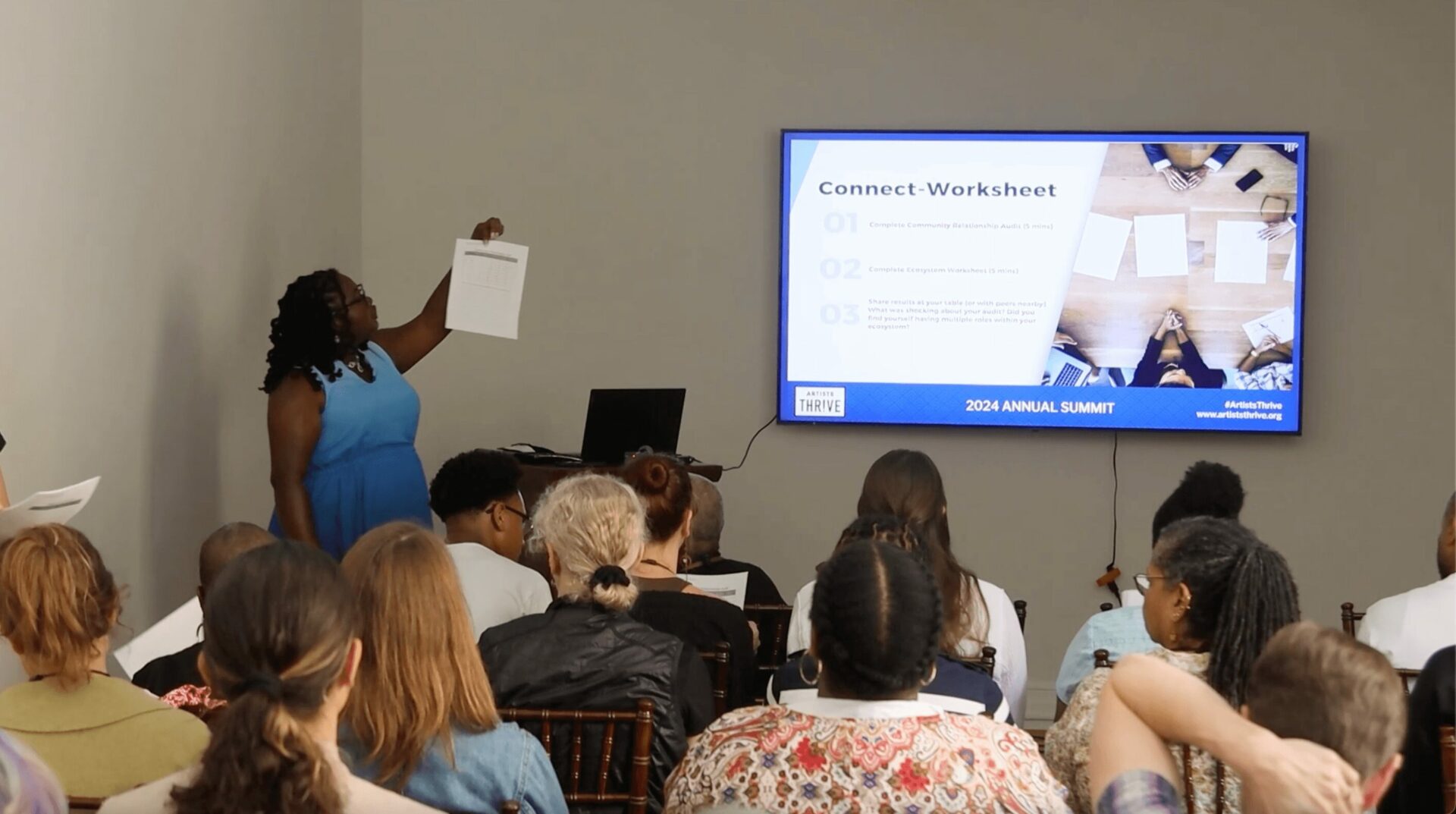
Looking back, what do you think were the three qualities, skills, or areas of knowledge that were most impactful in your journey? What advice do you have for folks who are early in their journey in terms of how they can best develop or improve on these?
Looking back, three things have been especially impactful on my journey: discernment, cultural fluency, and the ability to translate complexity into clarity.
Discernment has shaped every major decision I’ve made. Whether it was choosing to launch my own company, pivoting an idea mid-project, or walking away from roles that looked good on paper but didn’t align with my purpose—it all came down to listening deeply. I’ve learned that success isn’t just about strategy; it’s about spiritual and emotional alignment. My advice: build a rhythm of reflection. Ask yourself not just “Can I do this?” but “Should I?” Give yourself permission to move at the speed of clarity, not just urgency.
Cultural fluency—being able to navigate and honor different spaces, values, and voices—has been vital. I’ve taught in universities, led in ministry, worked with entrepreneurs, and collaborated with communities across identities and sectors. Each space speaks a different language. Being able to listen well, adapt without losing authenticity, and hold space for difference is a leadership skill that no résumé bullet can capture. For anyone early in their journey: stay curious, not just about content, but about context. Pay attention to who’s in the room, and what matters to them.
The ability to translate complexity into clarity has been a throughline in all my work—from teaching undergraduates and designing curricula to building businesses and helping clients articulate their vision. Ideas don’t change the world—clear, actionable ideas do. My advice: don’t fall in love with sounding smart. Fall in love with being understood. Practice saying important things in simple language. If you can explain it to a grandparent, a 5th grader, or a funder, you’re ready.
In every season, these three skills have anchored me. They’re not just traits—they’re tools. And when cultivated with care, they’ll carry you further than you think.
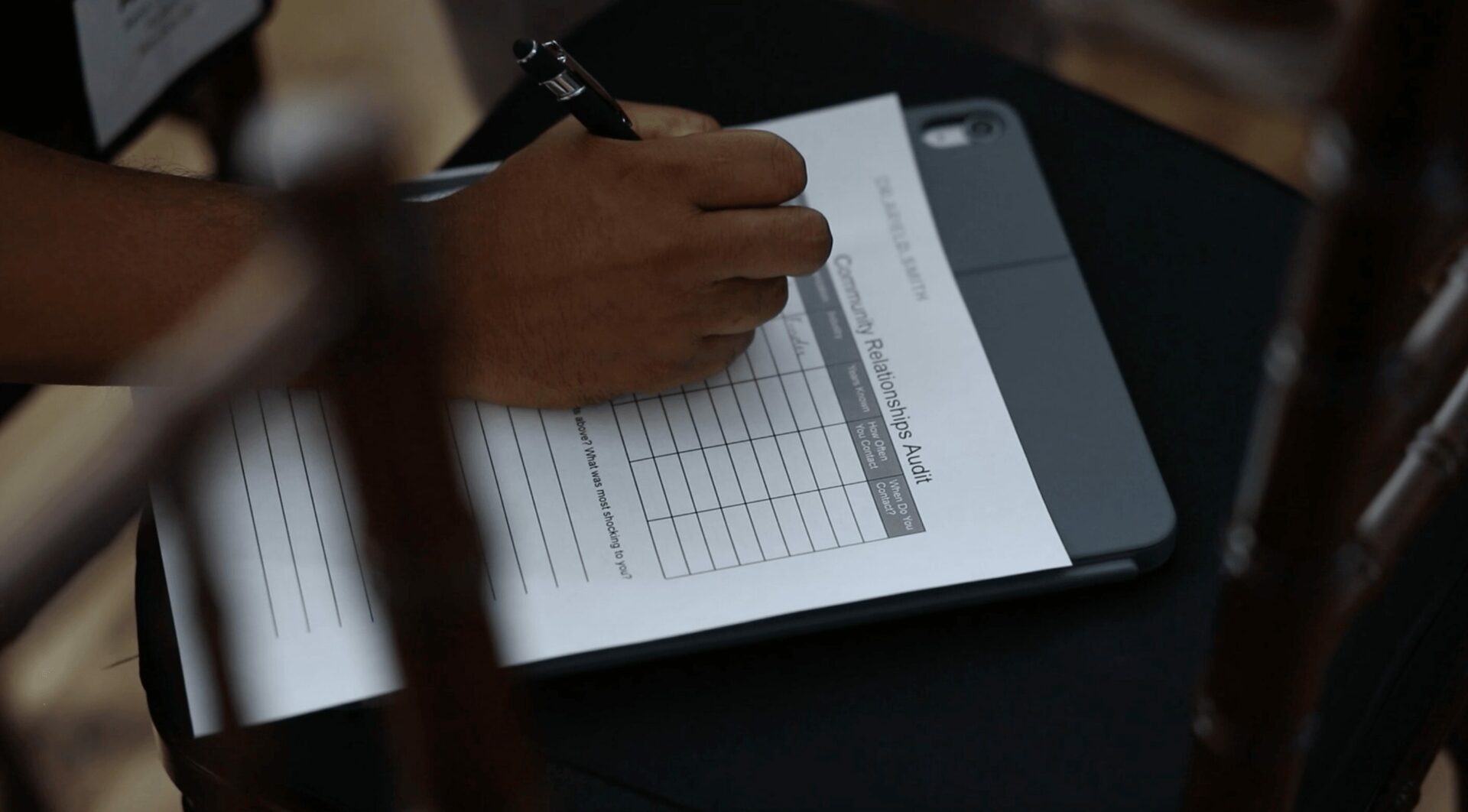
Looking back over the past 12 months or so, what do you think has been your biggest area of improvement or growth?
My biggest area of growth has been learning how to release what was good—but no longer aligned.
For six years, I was known as The Food Truck Scholar. It was a platform I built from scratch—part podcast, part cultural research, part movement. I’m incredibly proud of it. It started as an extension of my dissertation and became a global resource, especially during the pandemic when food trucks became a site of innovation, resilience, and community. That season shaped me as a researcher, a storyteller, and a leader.
But in 2022, I entered a transition I couldn’t fully explain. I kept trying to re-energize the platform, but the spark wasn’t there. It took time—and honesty—to realize the truth: I hadn’t failed it. I had outgrown it.
People weren’t just asking me about food trucks anymore. They were asking about how to start a podcast, publish a book, launch a brand, reimagine a nonprofit, or design curriculum. I realized that what they were really asking for was clarity and confidence around their ideas—and that’s something I had been helping people with all along, even before I had language for it.
That’s when Idea Therapy™ was born. It gave me a way to work across industries and audiences, without being boxed in by a single niche. It allowed me to honor what The Food Truck Scholar gave me, while stepping fully into the strategist, thought partner, and narrative architect I had become.
The growth came not just in launching something new—but in grieving something beloved, blessing it, and letting it go. I didn’t pivot because the old thing stopped working. I pivoted because I was ready to grow in a new direction.
Contact Info:
- Website: https://www.arieldsmith.com
- Linkedin: https://www.linkedin.com/in/drarieldsmith/
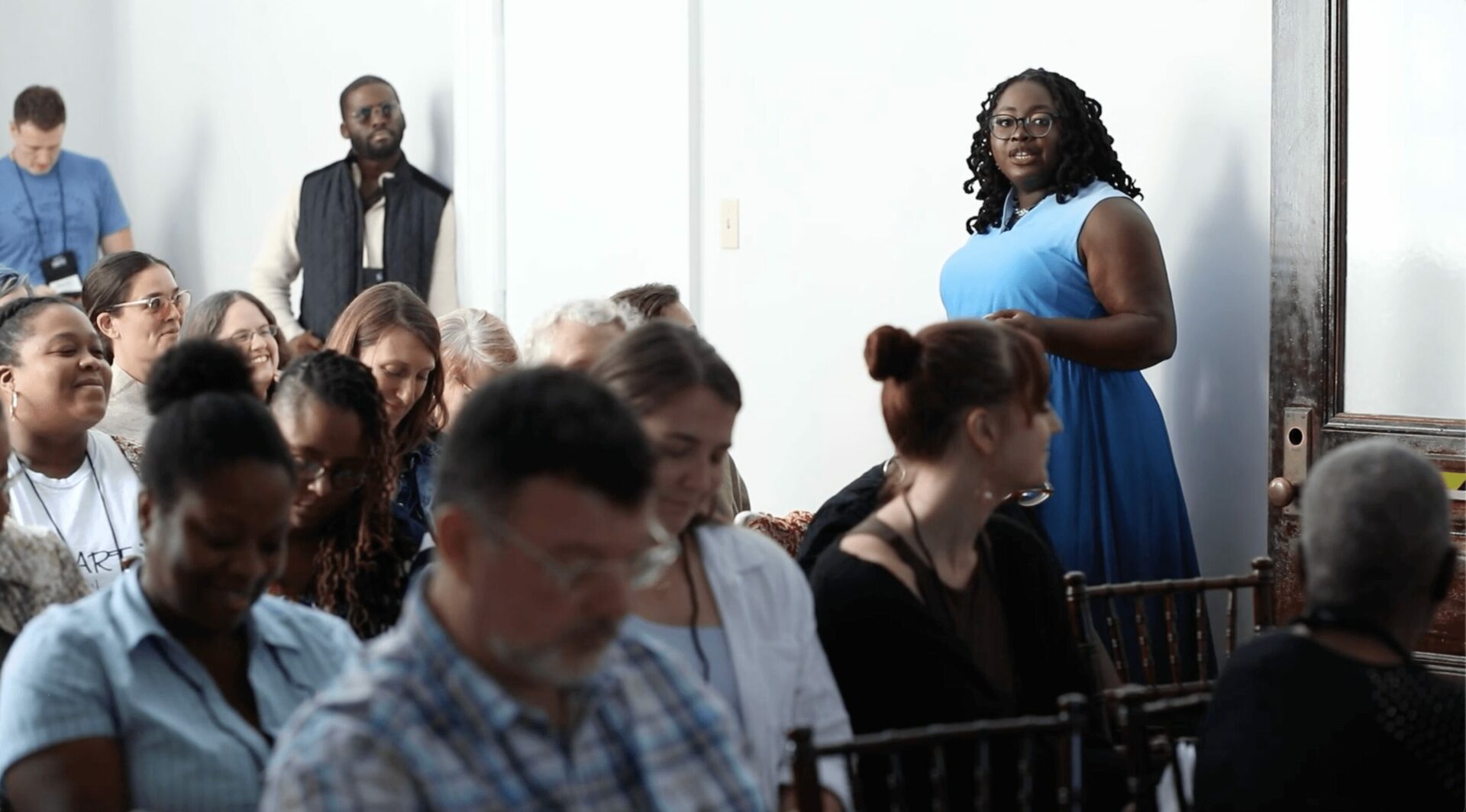
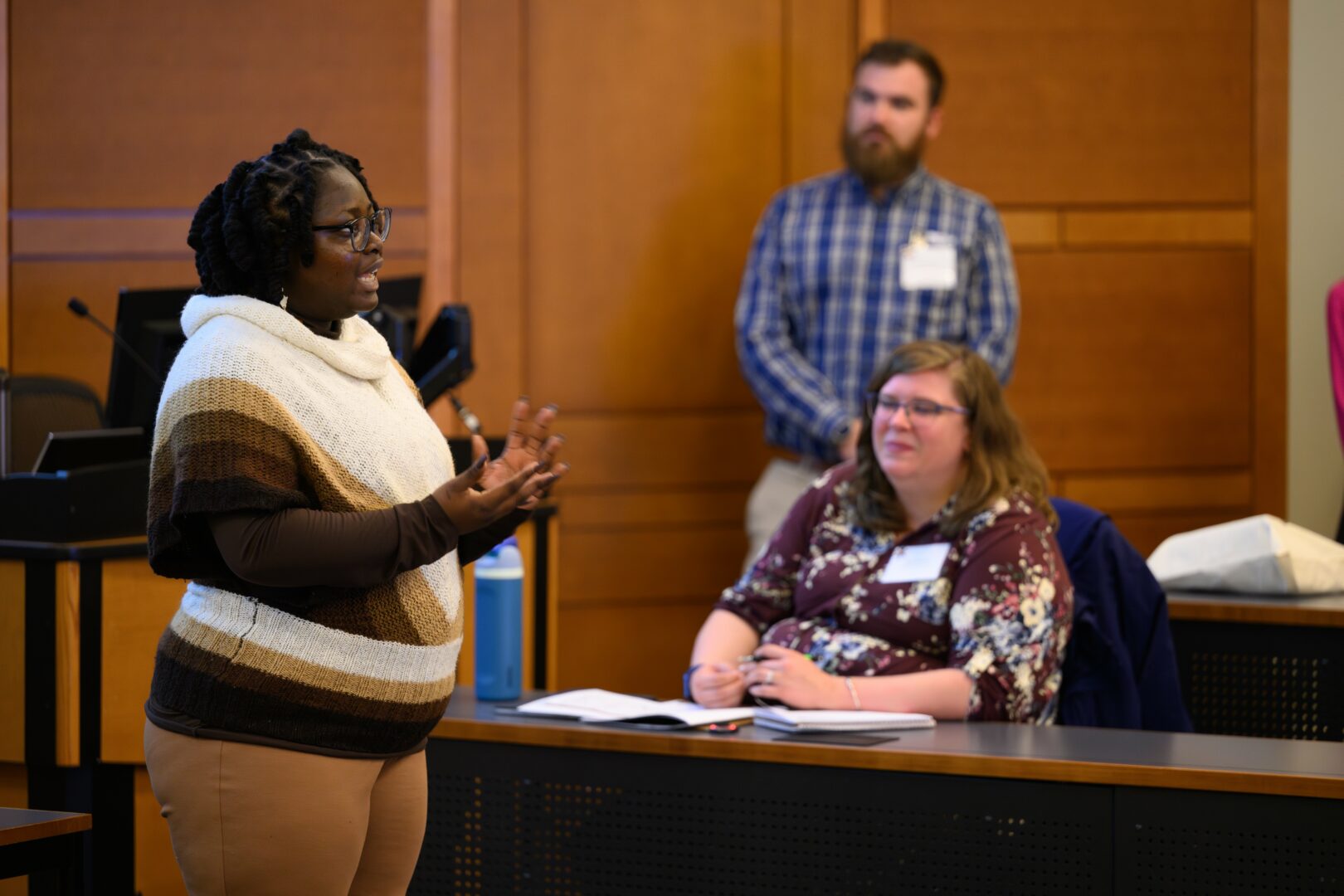
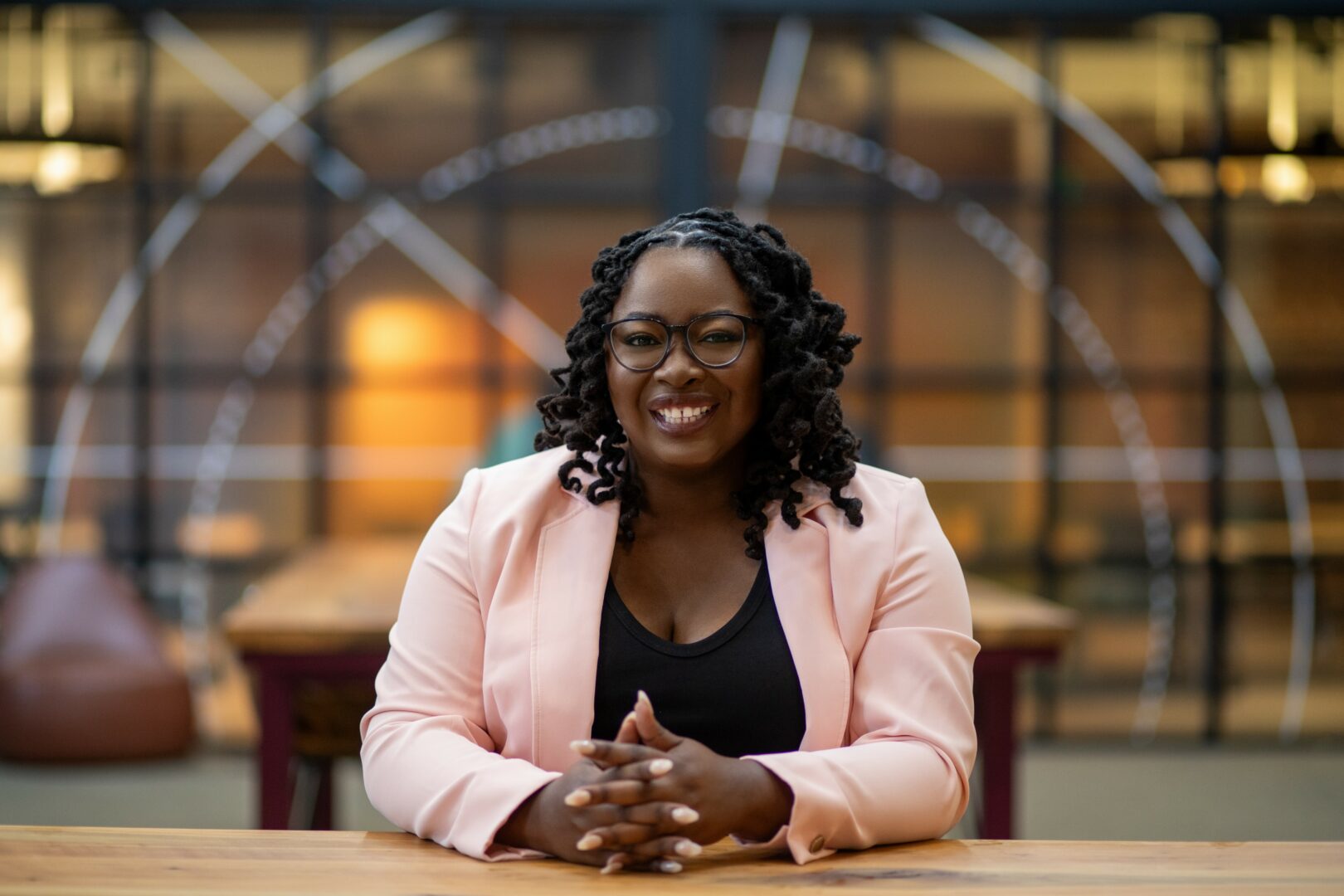
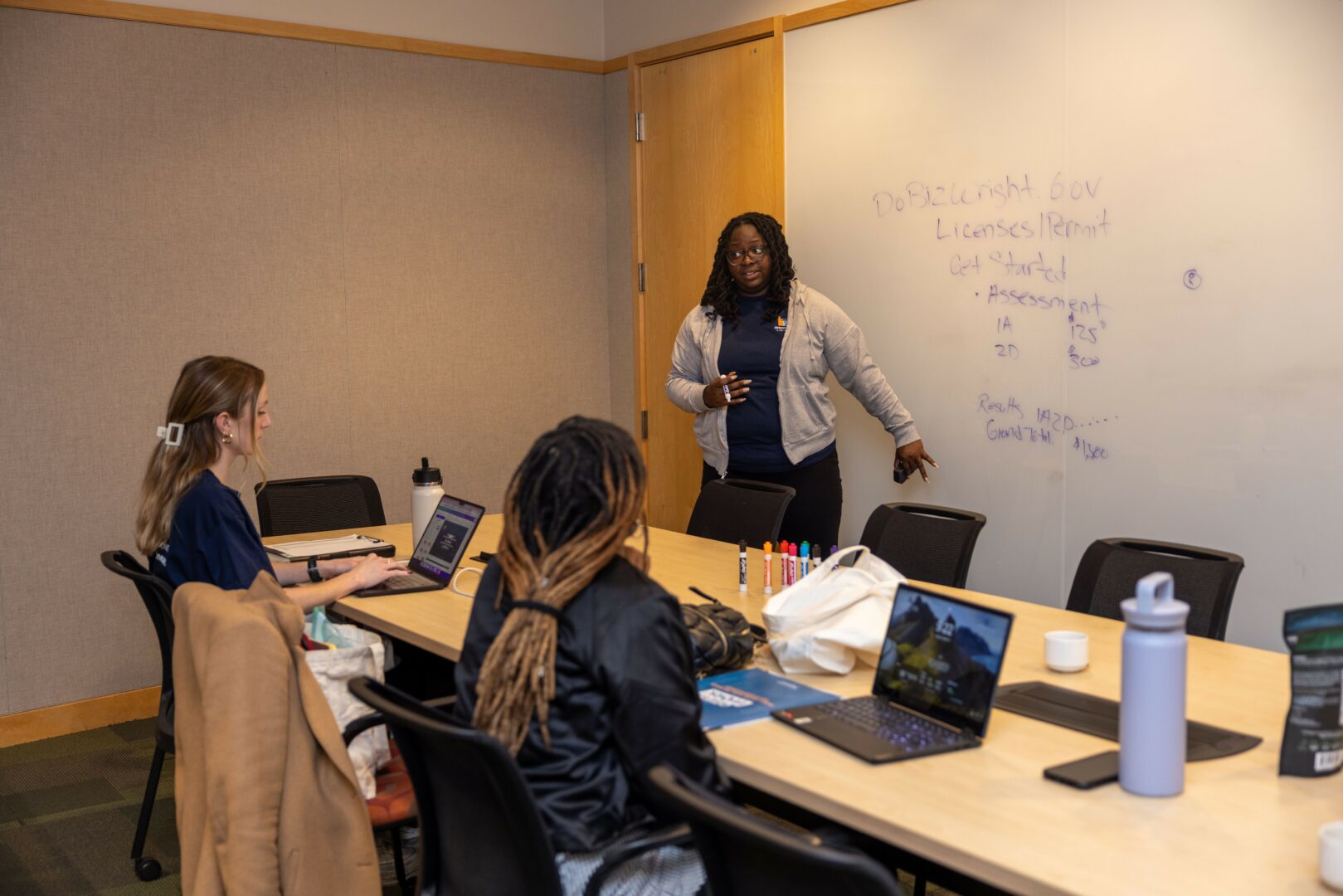
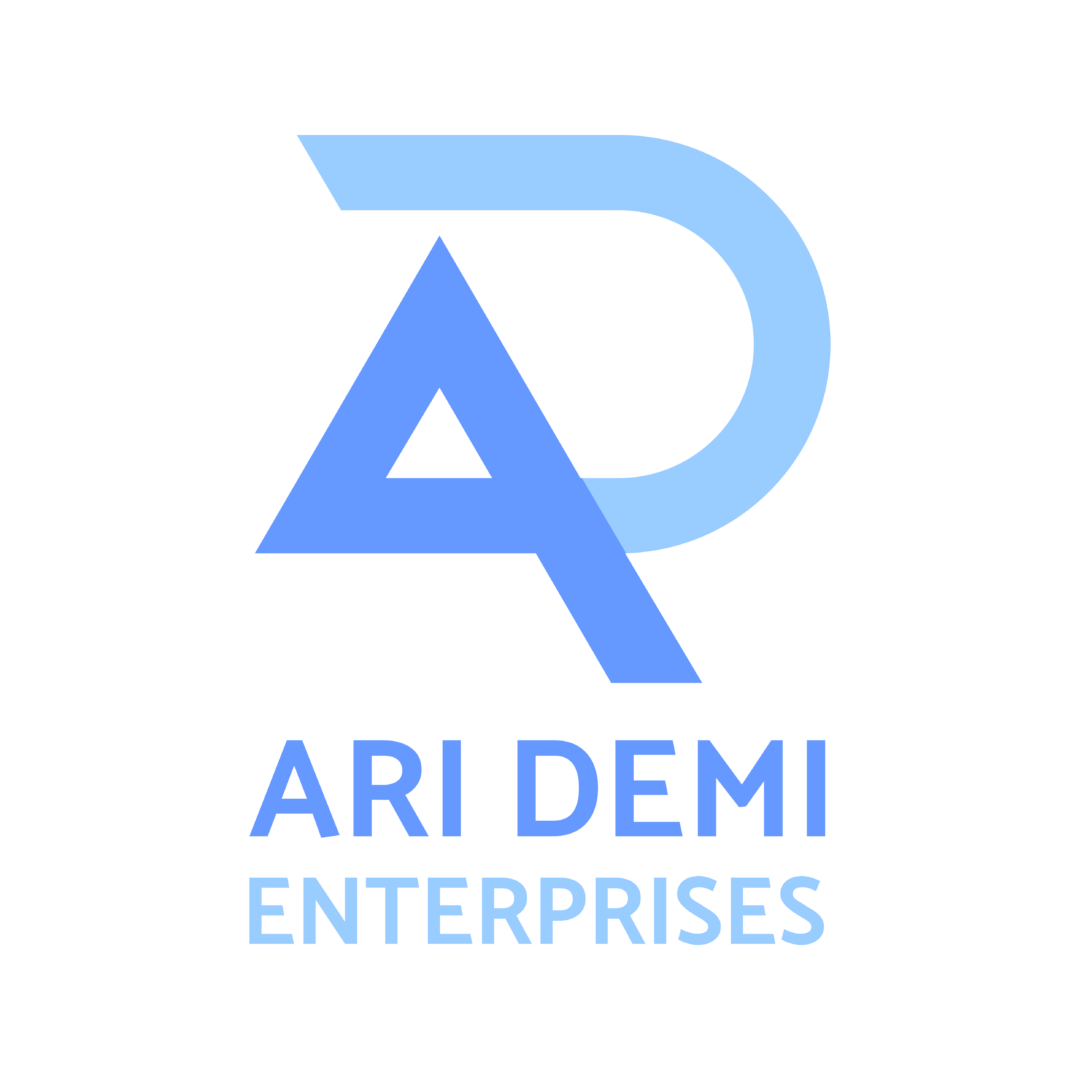
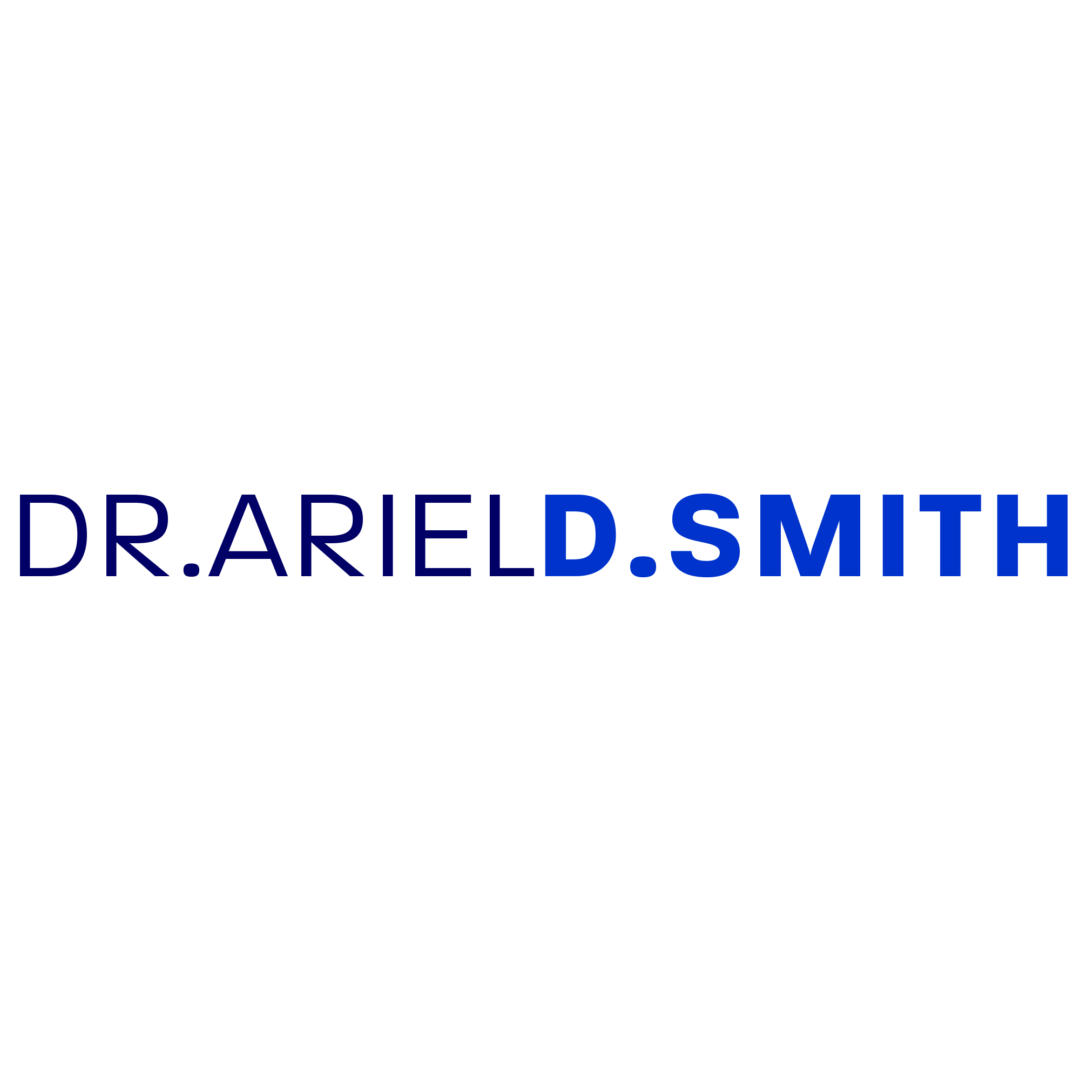
so if you or someone you know deserves recognition please let us know here.

